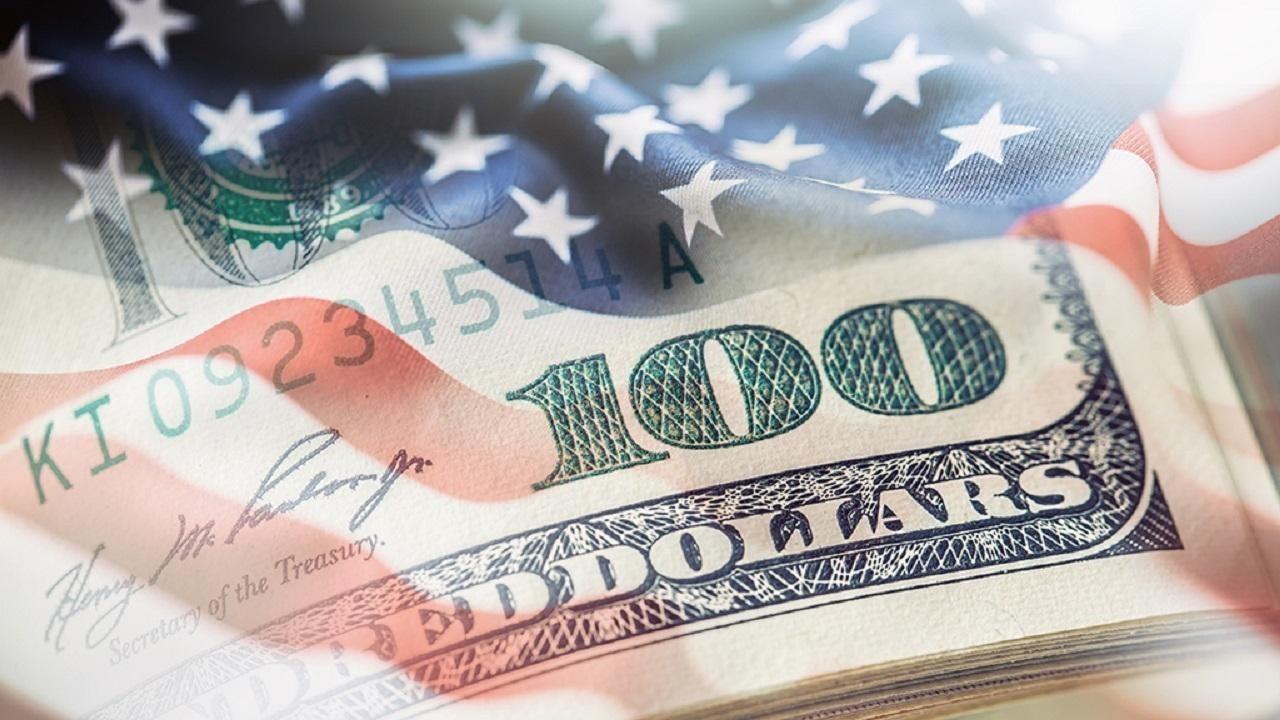Unemployment claims unexpectedly fall but layoffs remain elevated
Economists surveyed by Refinitiv expected 800,000 new claims
The number of Americans filing for first-time unemployment benefits unexpectedly ticked lower last week, even as a rise in COVID-19 infections and new restrictions to help curb the spread of the virus weighed on the labor market's recovery.
Figures released Thursday by the Labor Department show 787,000 Americans filed first-time jobless claims in the week ended Jan. 2, lower than the 800,000 forecast by Refinitiv economists.
SECOND STIMULUS CHECK CALCULATOR: HOW MUCH MONEY WILL YOU RECEIVE?
The number is nearly four times the pre-crisis level but is well below the peak of almost 7 million that was reached when stay-at-home orders were first issued in March. Almost 70 million Americans, or about 40% of the labor force, have filed for unemployment benefits during the pandemic.
The number of people who are continuing to receive unemployment benefits fell to 5.0702 million, a decline of about 126,000 from the previous week. The report shows that roughly 19.1. million Americans were receiving some kind of jobless benefit through Dec. 19.
The latest unemployment data comes after President Trump signed a $900 billion coronavirus relief bill that will send direct payments of up to $600 to Americans earning less than $87,000, boost unemployment benefits by $300 a week through mid-March and extend two federal programs expanding jobless aid for roughly 13 million people.
GET FOX BUSINESS ON THE GO BY CLICKING HERE
Because many out-of-work Americans have used up their 26 weeks of state jobless aid, they have transferred to obtaining the money through the PEUC. There are about 7.3 million workers receiving PUA benefits and roughly 4.6 million receiving PEUC benefits, according to Labor Department data.
At least eight states began paying out the extra $300 a week in jobless aid this week, with more expected to follow in mid-January. Laid-off workers in California, New York, Arizona, Connecticut, Minnesota, Rhode Island and Texas are expected to receive the first round of sweetened benefits this week, according to state labor agencies.




















